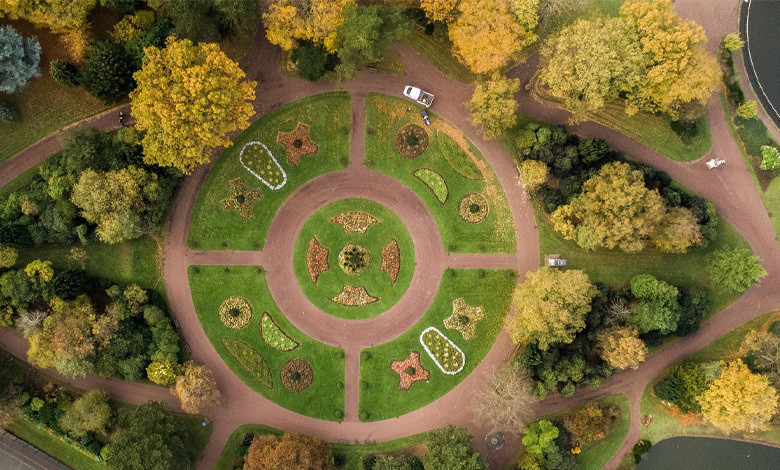UN Environmental Award Celebrates Innovations in Plastic Pollution Reduction

The United Nations Environment Programme (UNEP) has revealed the 2023 Champions of the Earth, recognizing a research council, a government initiative, a social enterprise, a city mayor, and a nonprofit foundation for their ground-breaking approaches and revolutionary measures to combat plastic pollution.
The Champions of the Earth award has been given annually to trailblazers leading the charge in efforts to safeguard people and the environment since the award’s founding in 2005. It is the highest environmental award given by the UN. The award has recognized 116 laureates, including the five Champions of this year. These laureates include 27 world leaders, 70 individuals, and 19 organizations. This cycle, UNEP received a record 2,500 nominations, the third year in a row that the number of nominations has peaked.
One particularly worrying aspect of the triple planetary crisis is plastic pollution. We need to stop plastic pollution for the sake of the environment and our health. To reduce the amount of plastics produced and do away with single-use plastics, as well as to move to reuse systems and alternatives that do not have the detrimental effects on the environment and society that plastic pollution is causing, a complete transformation is required, according to UNEP Executive Director Inger Andersen. As efforts to create a globally enforceable instrument to combat plastic pollution advance, this year’s Champions of the Earth shows that creative solutions exist and can encourage us to reconsider how we interact with plastic.
The UNEP’s Earth Champions For 2023 Are:
• Quezon City, Philippines’ Mayor Josefina Belmonte, who was recognized in the Policy Leadership category, is spearheading social and environmental action by implementing several policies to reduce plastic pollution, fight climate change, and green urban areas. Bans on single-use plastics, a program for trading in plastic pollution, refill stations for common necessities, and support for robust international plastics policymaking are just a few of her initiatives.
• The Ellen MacArthur Foundation (UK), which received recognition in the Inspiration and Action category, has been instrumental in popularising a lifecycle approach, that includes plastics. The foundation has developed lifecycle initiatives and solutions to address climate change, biodiversity loss, plastic pollution, and other issues. It has also published reports and established networks of decision-makers in the public and private sectors as well as academia. It is in charge of the UNEP Global Commitment.
• Blue Circle (China), which won an award in the Entrepreneurial Vision category, tracks and monitors the entire lifecycle of plastic pollution, from collection to regeneration, remanufacturing, and resale, using blockchain technology and the Internet of things. It is China’s largest marine plastic waste program, having gathered over 10,700 tonnes of marine debris.
• José Manuel Moller (Chile), who was also recognized in the category of Entrepreneurial Vision, is the creator of Algramo, a social enterprise whose mission is to provide refill services that cut the cost of daily necessities and minimize plastic pollution. Through his position as Vice Chair of the UN Advisory Board of Eminent Persons on Zero Waste, an initiative established in March 2023, Moller also strives to prevent, reduce, and manage waste sustainably.
• The Council for Scientific and Industrial Research (South Africa), which won an award in the Science and Innovation category, develops innovations to address issues such as plastic pollution by utilizing cutting-edge technology and multidisciplinary research. It is a trailblazer in determining environmentally friendly substitutes for traditional plastics, creating chances for regional production and economic growth, and evaluating the biodegradability of plastics.
Plastic has greatly improved society and changed daily living. However, of the 430 million plastic tonnes produced annually by humans, two-thirds are wasted very soon. What experts refer to as an environmental nightmare has been brought about by the addiction to transient plastics.
Up to 23 million tonnes of plastic waste spill into rivers, lakes, and oceans annually, contaminating aquatic ecosystems. Under the most aggressive targets of the Paris Climate Change Agreement, carbon emissions related to the production, use, and disposal of conventional plastics derived from fossil fuels could account for nearly one-fifth of global greenhouse gas emissions by 2040. Human health issues can also be brought on by the chemicals in plastic.
According to experts, to #BeatPlasticPollution, humans must find environmentally friendly alternatives to plastic, reduce and eliminate unnecessary and problematic plastics, create creative models for reusing plastics, and take a life-cycle approach to plastic pollution.
Read More: Earth’s Precarious Balance: Climate Scientists Warn of Dangerous Instability



